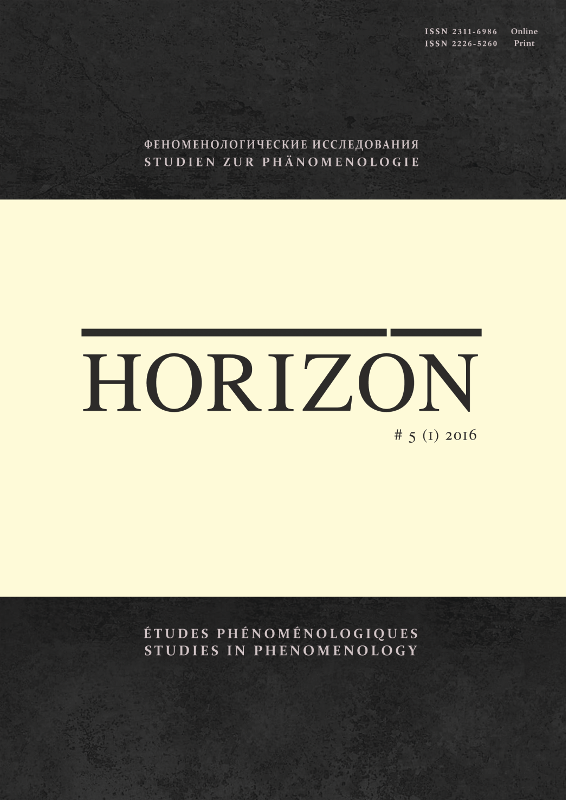INTRODUCTION: TRADITIONS AND PERSPECTIVES
OF THE PHENOMENOLOGICAL
MOVEMENT
IN CENTRAL
AND EASTERN EUROPE
INTRODUCTION: TRADITIONS AND PERSPECTIVES
OF THE PHENOMENOLOGICAL
MOVEMENT
IN CENTRAL
AND EASTERN EUROPE
Author(s): Witold PłotkaSubject(s): History of Philosophy, Contemporary Philosophy, Phenomenology
Published by: Издательство Санкт-Петербургского государственного университета
Keywords: phenomenology; tradition;
Summary/Abstract: The term «phenomenology» is equivocal, since it refers either to the philosophical tradition developed as the phenomenological movement that originates with cooperation of Edmund Husserl (1859–1938) with the Munich Circle, or to a specific method of doing philosophy that consists in describing given phenomena in their essences. Herbert Spiegelberg (Spiegelberg, 1975, 20) calls the latter form «first-hand phenomenology», because it is about the phenomena, and he contrasts it with studying of texts as texts that are elements of the phenomenological movement; if one investigates texts, however, he or she does not do — as Spiegelberg (Spiegelberg, 1975, 20–21) states — «phenomenology proper» but rather phenomenology «in a sense of meta-phenomenology». The present issue of the «Horizon. Studies in Phenomenology» can be regarded as an attempt to bridge the gap between the two meanings with regard to the phenomenological movement in Central and Eastern Europe. For this reason, the main aims of the issue are twofold: first, it is to present the context, central figures, trends, and periods of phenomenology in Central and Eastern Europe, and second, it is to show original contributions of philosophers from this part of Europe to contemporary debates in phenomenology. Why, however, this fragment of the phenomenological movement needs a special attention?
Journal: Horizon. Феноменологические исследования
- Issue Year: 5/2016
- Issue No: 1
- Page Range: 10-15
- Page Count: 6
- Language: English

